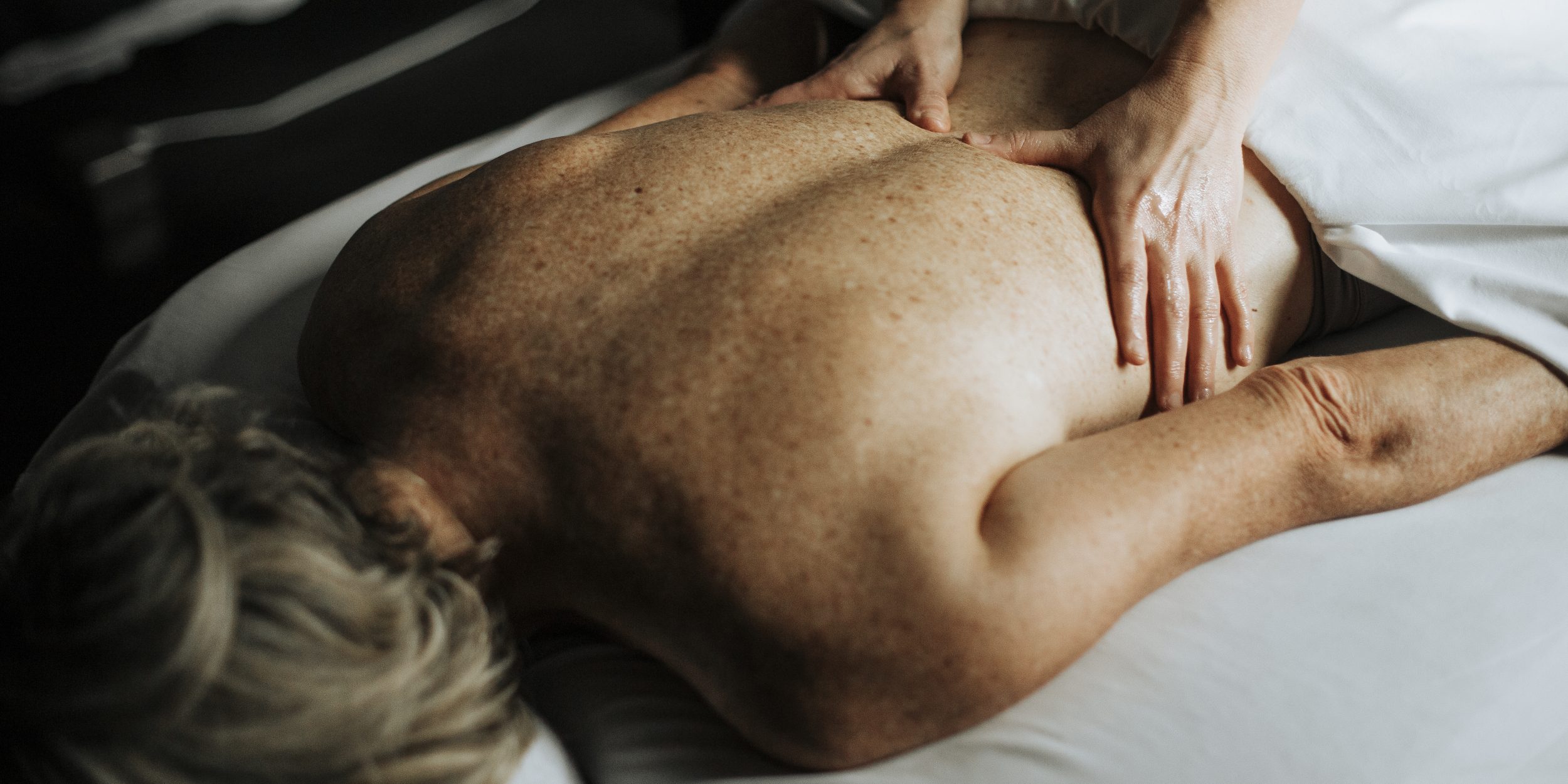UNDERSTANDING THE PHENOMENON – Finally, the summer season is upon us, you can dream of the upcoming holidays and a slightly milder rhythm of life. However, is the stress really behind you? Described as the evil of the century, it affects many for a variety of reasons. Here is how to understand it to better manage it.
According to the Douglas Institute, stress is “a condition that affects the balance of the human body and is perceived as a threat to the individual.” The sources of stress differ from person to person, just as they change over time. Stress can be chronic or acute. Acute stress comes from a particular situation that is limited in time (giving a speech, or even catching a glass of water about to fall). In such a context, the stress response is a natural and normal defence of the body, which makes it possible to manage the episode in question. The stress here is quite favorable! Above all, it is essential to remember that acute stress is a temporary condition – and must remain so.
Indeed, the problem arises when acute stress persists and becomes chronic. While the human body is well adapted to respond to a specific stressful situation, it is not at all well adapted to live in permanent stress. In this case, fatigue and illness set in. Sometimes you don’t realize the state of anxiety you live in: the body manages to function at full capacity because the brain believes that survival depends on it. However, when holidays arrive and stress also takes its leave, the defences collapse at the same time, leaving behind an unfortunate summer cold…
The challenge? Know how to manage your stress so that it does not escalate into an invasive or chronic condition. The ways to do this are accessible to everyone: recognize what is stressing you, step back, move and be active, and act on the effects of stress on your life. Of course, there are many concrete ways to do this, and among them, relaxation occupies a special place, as it has a positive impact on both the mind and the body. Practicing an activity that relaxes you when you are stressed is very meaningful. While time often ends up dispelling acute stress, it is better to act to avoid developing chronic stress.
Massage therapy is an approach that encourages the body to secrete endorphin, a hormone that leads to a state of relaxation. Massage helps, among other things, to rebalance stress hormone levels and to experience a feeling of calm. Treating yourself to a massage from time to time, and perhaps even more so during difficult periods, helps to reduce the effects of stress on the body. Several massage therapy techniques are conducive to relaxation. For example, the Lomi Lomi massage is performed mainly with the forearms, for a calming and enveloping effect. It is inspired by the comings and goings of the waves to create a deep state of relaxation for body and mind. Lomi Lomi helps regulate breathing and soothes people with stress symptoms.
Whether you opt for a massage, a reading or a hot bath, remember to transform your moments of stress into opportunities for relaxation. Your holidays will only be more relaxing. Enjoy your holiday!




